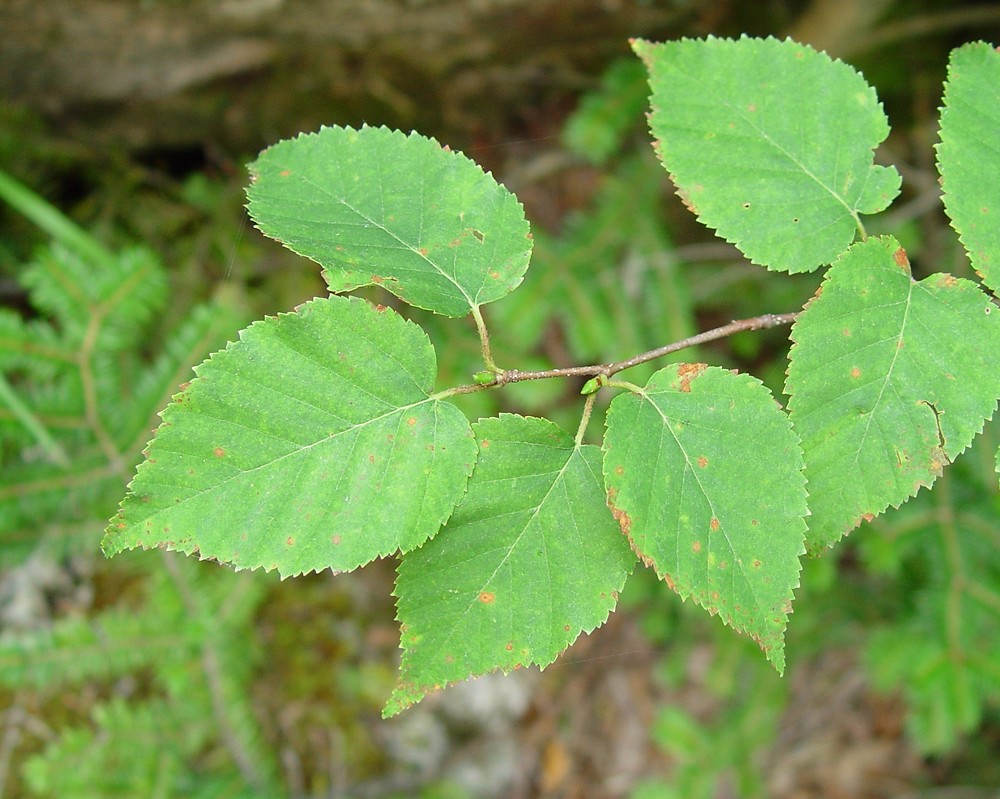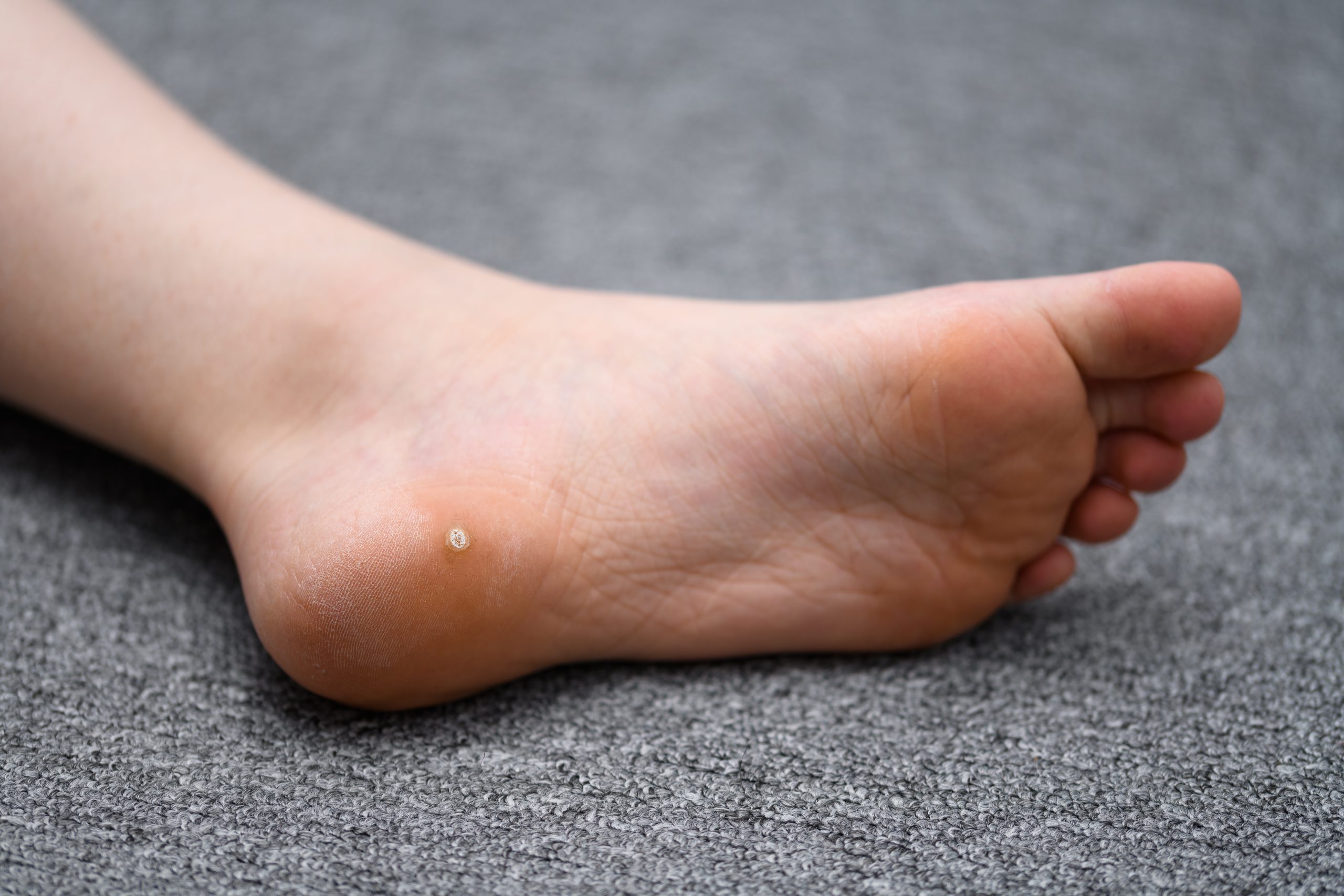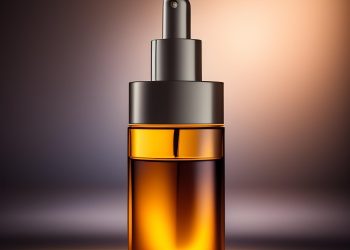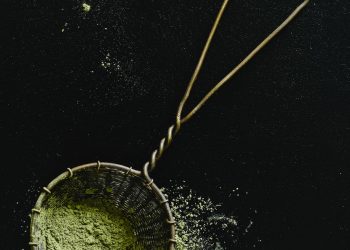Birch leaf has many health benefits and deals with arthritis, rheumatism, hair loss, skin rashes, urinary tract infections, and many other ailments [1].
From ancient times, birch tree leaves, bark, and sap have been known for their medicinal properties.
It was once called the “Lady of the woods,” because it can protect you from many ailments.
Please keep reading to learn more about the birch tree, its therapeutic effects, health benefits, uses, and possible side effects.
What Is a Birch Tree?
Birch, a deciduous tree, is known as the oldest species of tree still living.
The birch tree is a soft-wooded tree from the family of Betulaceae, found in almost all countries but is highly widespread in the Northern Hemisphere.
Birch leaves appear in wedged shapes with a pleasant odor and bitter taste.
Several names, such as the most common ones being, Paper birch, Yellow Birch, Silver birch, Cherry birch, White Birch, and Himalayan Birch, are related closely to the beech and oak family.
The lifespan of this tree is around 40-50 years and can even live for 200 years, provided the favorable conditions for its survival.
Birch leaf is a natural pain reliever due to the component salicylate, the compound in aspirin.
The two most incredible thing about a birch tree is that it can even grow in areas with polluted soil and is known to cleanse contaminated soil to allow plants to grow once again.
It contains powerful anti-inflammatory, astringent, laxative, and diuretic properties that help treat various health problems.
Apart from medicinal properties, its wood is used to make furniture and paper.
Birch tree pulp is mostly used to make papers.
Due to its hardwood, its wood is used in construction to make musical instruments and furniture.
Therapeutic Properties of Birch Leaves
Birch leaves are rich in vitamin C, flavonoids, tannins, and sesquiterpenes.
Active constituents in the leaf extract include polymeric proanthocyanidins and other phenolic compounds known for their anti-inflammatory and antioxidant properties[2].
Current preparations using birch leaf extracts treat inflammation and alleviate pain in rheumatism patients [3].
Studies suggested that a widespread species associated with Birch, Betula pendula, exert a diuretic effect due to their anti-inflammatory capacity[3].
Birch leaf extract has also shown promising treatment for corneal inflammation, and due to its anti-bacterial property, it is shown to be effective against uropathogenic Escherichia coli [3].
As a result, it is used as a diuretic and adjuvant in patients with minor urinary tract infections.
The Birch leaf is also known for its soothing and purifying effects on the skin.
Hence, this herb is also used in treating many different skin disorders.
On the other hand, the tree’s bark contains a terpene, betulinic acid, that acts as a valuable anticancer agent [4].
It also has a wide range of biological and pharmacological activities such as anti-inflammatory, antimalarial, anti-HIV, and antineoplastic [4].
The tree’s sap is also known to have various medicinal benefits.
The sap contains important minerals and sugars like fructose, glucose, magnesium, calcium, zinc, iron, thiamine, and phosphorous.
Moreover, according to some experts, birch water helps to treat liver disease, flu, headaches, dandruff, skin irritations, bronchitis, arthritis, and cellulite.
Thus showing the benefits of almost every part of the tree.
6 Health Benefits and Uses of Birch Leaf
As you have seen, the birch tree has many therapeutic properties. Let’s see how these properties provide us with health benefits.
Below are some benefits of Birch:
1. For Immunity
Birch leaves contain anti-viral and anti-bacterial properties that help the body protect against various infections, also providing quick recovery from any pre-existing infection.
As mentioned above, birch leaves contain vitamin C and flavonoids known to act as natural antioxidants.
Antioxidants help reverse the body’s damage caused by free radicals, improving general health.
The leaves of a birch tree are boiled to make tea.
Having this tea is believed to boost the body’s immune system.
Directions for making birch leaf tea:
- Boil a cup of water
- Take 5-6 cleaned birch leaves and put them in a cup
- Pour the boiling water into the cup directly and let them steep for sometime
- Drink this tea 2-3 times a day to boost your immune system
2. For Inflammation
The birch tree’s bark contains high amounts of betulinic acid, which has potent anti-inflammatory activity.
Having a cup of birch tea infused with the tree’s leaves and bark makes it very helpful in treating common joint conditions like arthritis and rheumatism.
Directions:
- Boil a cup of water
- Take 5-6 cleaned birch leaves and cleaned pieces of twigs and add them to a cup
- Pour the boiling water and let them steep for sometime
- Having a cup of tea at least thrice a day will help to treat arthritis and rheumatism that causes inflammation
3. Digestive Aid
The medicinal properties of the birch tree leaf also help in digestive problems such as heartburn and irritable bowel syndrome (IBS).
The birch tree leaves improve digestive health by treating cramps, abdominal pain, bloating, and diarrhea.
It’s also found to relieve constipation and support regular bowel movements due to its laxative properties.
Directions:
- Take some birch leaves and soak them in good quality apple cider vinegar
- Soak both the ingredients for a few weeks in a glass
- Strain the liquid solution
- Drink this juice directly before or after meals
- The micronutrients and minerals released into the vinegar provide you with all the wonderful benefits to stimulate your digestive system
READ MORE: How to Use Apple Juice for Constipation Relief
4. Natural Astringent
The natural astringent properties of birch bark make it a great remedy for treating skin problems such as eczema and dermatitis.
Besides skin problems, it also helps promote skin elasticity by reducing the formation of fine lines and wrinkles around the eyes.
Directions:
- Soak a good amount of the leaves of a birch tree in water for 4-6 hours
- Directly apply this solution to your skin that has skin problems
- Since it is a natural herb, it will have no side effects in treating your skin
- You can even use this solution if you have dandruff
- Wash your hair with this solution to address such scalp issues as it strengthens hair follicles
READ MORE: 11 Reasons to Use Coconut Oil for Dandruff
5. Urinary Tract Infections
Birch leaves contain diuretic properties that may help to remove harmful toxins, uric acid, and excess water from the body via urine.
Due to this diuretic property, it increases the volume and amount of a person’s urination.
Birch leaves help reduce the risks of kidney stones, leading to good kidney health.
It also helps to maintain good liver by eliminating cellulite.
Directions:
- Use birch tree leaves tea for urinary tract infections
- Boil a cup of water
- Add the boiling water to cleaned and crushed birch leaves
- Add a pinch of baking soda to the infusion
- Drink this tea 2-3 times a day for better results
- By drinking this regularly, it will help to detoxify the blood as well
READ MORE: Baking Soda for Constipation Relief: 4 Quick Remedies
6. Antiseptics
Pure birch oil contains salicylic acid and methyl salicylate, two potent ingredients that kill off germs and bacteria, ultimately treating skin infections.
When applied to the skin with ringworm or other skin infections, this birch oil helps kill the infection and speed up the healing process.
Even big cuts, wounds, and bites are treated using birch oil.
Directions:
- To make homemade birch oil, add fresh leaves to a jar and pour carrier oil (e.g., olive oil) onto the top of the jar.
- Cover the jar with a cloth and tie it with a rubber band
- Put this jar outside in a sunny place for a month and stir the mixture gently once a week.
- After a month, strain the oil, pour it into another jar, and store it in a cool and dry place.
- You can use this for the treatment of eczema or cellulite
- However, don’t apply this to an open wound

READ MORE: Olive Oil for Skin Health Boost (How to Use)
Some Precautions and Side Effects
Below are a few things you should remember before using any part of this tree.
- Birch is safe when taken orally or applied to the skin, but for a shorter period.
- Although there are not many side effects of Birch, it’s preferable not to use the whole birch leaf and root.
- Birch pollen might cause allergies in people with very sensitive skin or allergic to hazelnuts, peanuts, apples, and soybeans.
- It is not advisable to use birch leaves for people with high blood pressure as Birch might increase the amount of sodium the body retains.
- Always dilute Birch oil with other carrier oil as sweet birch oil is extremely toxic.
- Birch oil should not be used on pregnant women or while breastfeeding.
- Lastly, people with blood thinning medications or the elderly shouldn’t use birch oil.
READ NEXT: Tea Tree Oil for Keloids: 9 Natural Remedies





